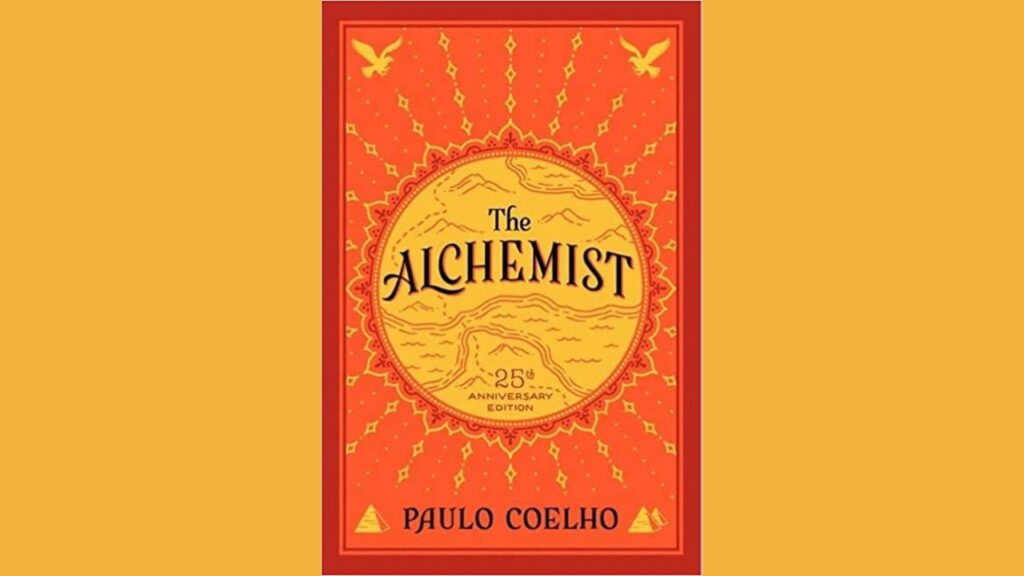
Student Notes – The Odyssey by Homer
Introduction:
The Odyssey, attributed to the ancient Greek poet Homer, is an epic poem that tells the story of Odysseus’ ten-year journey home from the Trojan War. It is considered one of the greatest works of literature and a foundational text in Western literature. This set of student notes provides a comprehensive overview of the key elements, themes, and characters in the epic, along with analysis and discussion points for further exploration and understanding.
Setting:
- Ancient Greece: The story is set in the aftermath of the Trojan War, with various locations visited throughout Odysseus’ journey.
- Ithaca: Odysseus’ homeland and the ultimate destination of his long journey.
- Olympus: The realm of the gods, where they intervene in human affairs.
Characters:
- Odysseus: The heroic protagonist, known for his intelligence, cunning, and resourcefulness.
- Penelope: Odysseus’ faithful wife, who waits for his return and fends off suitors in his absence.
- Telemachus: Odysseus and Penelope’s son, who embarks on his own journey to find news of his father.
- Athena: The goddess of wisdom, who often assists and guides Odysseus on his journey.
- Poseidon: The god of the sea, who holds a grudge against Odysseus and tries to impede his journey.
- Calypso, Circe, and the Sirens: Female figures encountered by Odysseus during his journey, representing various challenges and temptations.
Plot Summary:
- Odysseus’ departure from the Trojan War and his prolonged journey home, facing numerous obstacles and trials along the way.
- His encounters with mythical creatures, such as the Cyclops Polyphemus, the enchantress Circe, and the monsters Scylla and Charybdis.
- The challenges faced by Odysseus’ wife, Penelope, as she fends off persistent suitors in his absence.
- The reunion of Odysseus and his son, Telemachus, and the eventual defeat of the suitors.
- Themes: Heroism and the Hero’s Journey, Loyalty and Betrayal, Fate and Free Will, Hospitality and Xenia, the Power of the Gods.
Key Themes and Symbols:
- Heroism and the Hero’s Journey: Odysseus embodies the qualities of a hero and undergoes a transformative journey, both physically and spiritually.
- Loyalty and Betrayal: The themes of loyalty and faithfulness are explored through the characters of Odysseus, Penelope, and their allies, as well as the betrayals committed by others.
- Fate and Free Will: The tension between the power of fate and individual agency is a recurring theme throughout the epic.
- Hospitality and Xenia: The concept of hospitality and the proper treatment of guests play a significant role in the narrative, reflecting cultural values of ancient Greece.
- The Power of the Gods: The intervention and influence of the gods shape the events of the epic, highlighting their power over mortals.
Analysis and Discussion Points:
- Analyze the character of Odysseus, examining his strengths, flaws, and the growth he undergoes during his journey.
- Discuss the role of women in The Odyssey, exploring the portrayal of Penelope, Circe, Calypso, and other female characters.
- Explore the significance of the hero’s journey archetype in the epic, identifying the stages and challenges Odysseus faces.
- Discuss the theme of loyalty, examining the loyalty shown by Odysseus’ companions and the disloyalty of certain characters.
- Examine the role of the gods in the story, analyzing their motivations and impact on the mortal characters.
- Discuss the importance of hospitality in ancient Greek culture and its role in the narrative.
Conclusion:
The Odyssey is a timeless epic that delves into the themes of heroism, loyalty, and the power of fate. Homer’s poetic masterpiece continues to captivate readers with its vivid imagery, compelling characters, and exploration of the human condition. By engaging with the student notes provided, readers can gain a deeper understanding of the epic’s themes, characters, and cultural context, fostering critical thinking and stimulating insightful discussions about the complexities of the hero’s journey and the enduring relevance of ancient Greek literature.



